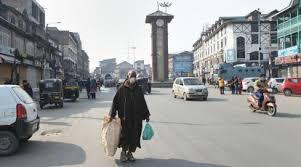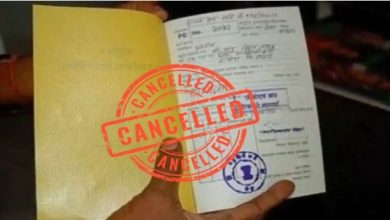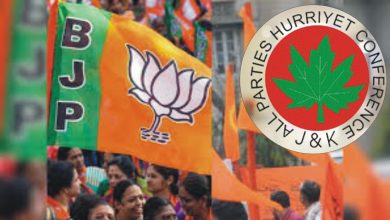President’s Rule revoked in IIOJK after six years

Srinagar: President’s Rule has been revoked after nearly six years in Indian illegally occupied Jammu and Kashmir after the humiliating defeat to the India’s ruling Bharatia Janata Party in the recently held elections.
According to Kashmir Media Service, this development comes after the National Conference-Congress alliance emerged victorious in the IIOJK assembly elections.
The Indian Home Ministry issued a gazette notification, signed by President Droupadi Murmu, revoking the President’s Rule imposed on October 31, 2019. The notification cited Section 73 of the Jammu and Kashmir Reorganisation Act, 2019, and Articles 239 and 239A of the Constitution of India.
Omar Abdullah, vice president of the National Conference, has been elected as the leader of the alliance.
The Jammu and Kashmir Reorganisation Act, 2019, was passed by Indian Parliament on August 5, 2019, the same day Article 370, granting special status to the occupied territory, was abrogated.
The people of Jammu and Kashmir view elections and the subsequent government as a provisional solution for addressing everyday issues, rather than a permanent fixture. This perspective stems from their longstanding demand for the right to self-determination, as outlined in UN Security Council resolutions. They seek a more profound and lasting resolution to the territory’s political future, one that aligns with the principles of international law and human rights instruments.
In essence, Kashmiris aspire to exercise their inalienable right to self-determination, as reaffirmed by the UN General Assembly’s annual resolutions. This quest for this right is deeply rooted in the territory’s history, dating back to the 1949 UN Commission for India and Pakistan resolution, which advocated for a free and impartial plebiscite. The ongoing quest for self-determination underscores the importance of the international community’s role in supporting the Kashmiri people’s struggle for dignity and rights.








